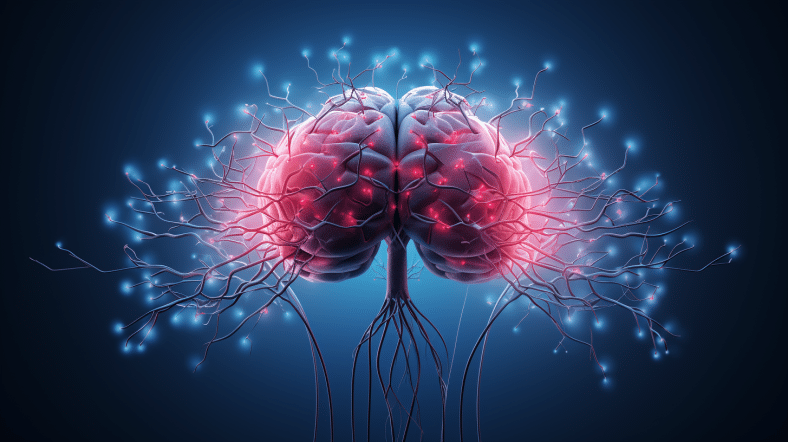Exercise to Treat Depression: Aerobic & Resistance Training Effective Antidepressants?
Exercise has emerged as an effective treatment for depression, rivaling medication and psychotherapy in its ability to reduce symptoms. Both aerobic and resistance training provide mental health benefits, with a combination of the two being optimal. However, exercise is vastly underutilized and more research is needed to uncover the mechanisms behind its antidepressant effects. Highlights: …






